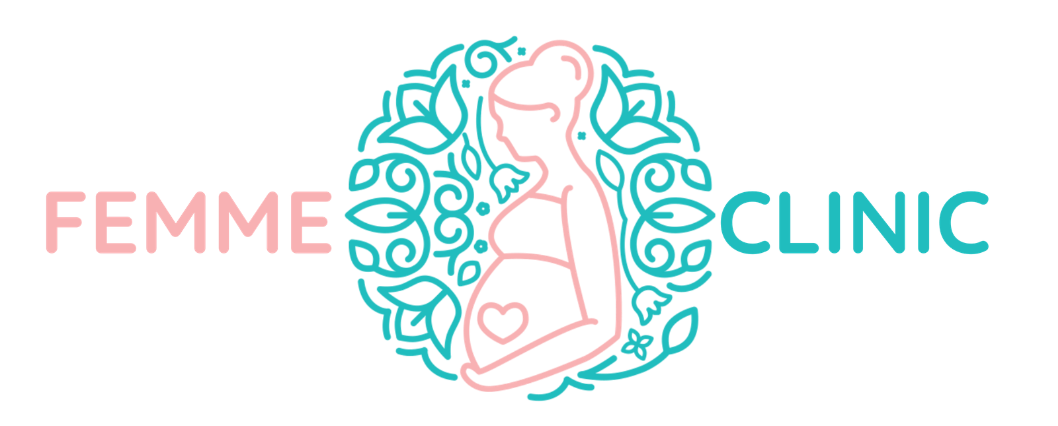Laser Hair Removal and Pregnancy
Laser Hair Removal
The change in hormones during pregnancy leads to excessive hair growth around the abdomen, breasts, face, and other sensitive areas (bikini).
You can remove hair in different ways; many women prefer a permanent method (laser). Pregnancy is one of the periods that causes hormonal changes in a woman’s body, such as increased hair growth. As the pregnancy progresses and the belly grows larger, it becomes difficult to use traditional hair removal methods, and women resort to using laser treatments and seek help from their partners in the process of removing excess hair.
Laser hair removal targets dark pigment in the hair and causes thermal and/or mechanical damage to the hair follicle. There are no studies that evaluate the safety of laser hair removal during pregnancy. Many health care providers recommend avoiding laser hair removal during pregnancy because of the lack of information about the effect on the fetus.
If you choose to have electrolysis, the breasts should be avoided in the last trimester, especially if you’re going to breastfeed. In the final weeks of pregnancy, you should avoid the abdomen because it is very sensitive and would be very uncomfortable for you at this point in the pregnancy.
Electrolysis
There are no studies that evaluate the safety of electrolysis during pregnancy. Many health care providers and electrologists recommend avoiding electrolysis during pregnancy because of the lack of information about the effect on the fetus.
If you choose to have electrolysis, the breasts should be avoided in the last trimester, especially if you’re going to breastfeed. In the final weeks of pregnancy, you should avoid the abdomen since it is very sensitive and would be uncomfortable for you at this point in the pregnancy.
There are two types of current used in electrolysis, thermolysis and galvanic. Thermolysis may also be referred to as diathermy, radio wave, short wave, or high frequency. Galvanic electrolysis sends a minute electrical current through the client and back to the device.
This is not recommended because the baby is surrounded by amniotic fluid. In this situation, the amniotic fluid acts as a conductor of electricity. For this reason, galvanic current is NOT recommended for electrolysis during pregnancy. Thermolysis does not flow through the body and has not been found to be harmful to pregnant women or the fetus.
Many electrologists require a letter from your health care provider authorizing treatment during pregnancy.
Is using laser during pregnancy considered safe?
Is it possible to undergo laser hair removal in the bikini area during pregnancy?
Laser treatment is not recommended during pregnancy due to its unknown effects on the fetus and pregnancy. It works by causing thermal damage to the hair follicles, and thus there is always a potential risk to the woman and her child theoretically, especially in sensitive areas like the bikini region. Therefore, it is better to avoid it during pregnancy.
If you are currently undergoing laser hair treatment during pregnancy, it is advisable to postpone the remaining sessions until after childbirth. And after a period of 3 to 6 months, the pregnancy hormones will leave your body.
You can always choose safe alternative methods for hair removal such as:
Waxing:
You can use wax, but due to skin sensitivity during pregnancy, it’s better not to heat it to a high temperature. Since your skin is sensitive, waxing may lead to bruising. However, some women find this method more effective and easier than other treatments. This may not have any potential negative effects on the fetus.
Silk Epil: electric hair removal machine.
Because it works through a set of tweezers, rather than sending electrical pulses to the skin and hair, it is one of the most effective and safe methods during pregnancy. The razor blade and the head of the electric shaver should be sanitized before and after use.
Hair removal creams and depilatories:
It contains acidic chemical components that damage hair and emit a strong odor, and we do not recommend it for women who suffer from severe vomiting during pregnancy, or from pregnancy poisoning and high blood pressure. And you should choose a suitable cream for sensitive skin.
Shaving and razors:
Shaving is the comfortable and cheaper option for hair removal during pregnancy; there is no need for laser or chemicals. Nevertheless.



